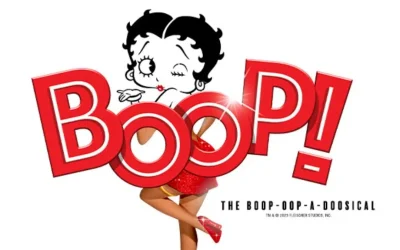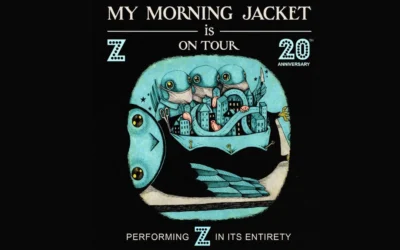After months of shutdown, entertainment venues are once again allowed to open their doors in Ohio, after an order issued by Governor Mike DeWine. Venues impacted by the order include theaters, concert and music halls, and convention centers.
Capacity is limited to the lesser of 15 percent of the normal limits or 300 patrons for indoor venues or 1,500 for outdoor venues. Other rules apply, including regularly available hand sanitizing substances, social distancing, and discouraging intermissions in order to avoid large groups congregating at concession or restroom areas.
Some event organizers have expressed doubt of being able to operate with such restrictions in place – as the number of patrons allowed is far fewer than the number needed to justify the costs of operating.
Celeste Cosentino, the executive artistic director of the Ensemble Theater in Cleveland Heights tells 19 News, “The plan is not financially feasible at least for smaller, indoor theaters. Also, there’s still a major concern about the safety of the performers.”
Cosentino adds that with so few people attending, what you bring in at the box office would make it impossible to keep things running and pay performers.
That view is not uncommon among venue professionals, who largely believe profitability will be dramatically impacted until events can operate at full capacity for consumers to attend.
“The governor’s order certainly helps some smaller theaters with fixed seating setups. Most of the live independent music venues don’t fit into that category though and 15% capacity in a 100 seat room is unlikely to work economically,” says Megan Van Voorhis, president and CEO of Arts Cleveland.
To that point, Gabe Pollack, director of the Bop Stop says 15% capacity of his venue amounts to just 14 people.
“If I have a jazz quartet and two staff members at the club that means that I can I only have 8 guests,” Pollack says. “There is no way that is helpful. It is honestly detrimental.”
Ohio republicans have also taken exception to many of the steps that DeWine, himself a republican, has taken to stem the case rate of the coronavirus.
A trio of lawmakers have gone as far as to drafting articles of impeachment against DeWine, alleging violation of civil liberties caused by his actions that step over the state’s separation of powers. DeWine “has repeatedly proven his incompetence by providing wildly inaccurate forecasts and repeatedly misleading COVID-19 data; and committed misfeasance and malfeasance with his policy prescriptions, which have proven to be far worse than the virus itself,”the resolution states. Leadership of the state party has condemned the actions by the lawmakers.
Professional sports in the state are not expressly mentioned in the order or coverage of it. Cleveland’s football team hopes to allow up to 20 percent capacity for its home games, which begin on September 17 with a visit from the Bengals. Cincinnati announced this week that it’s home opener on September 13 will be played with no fans in attendance, but have not made a decision on the full season.




